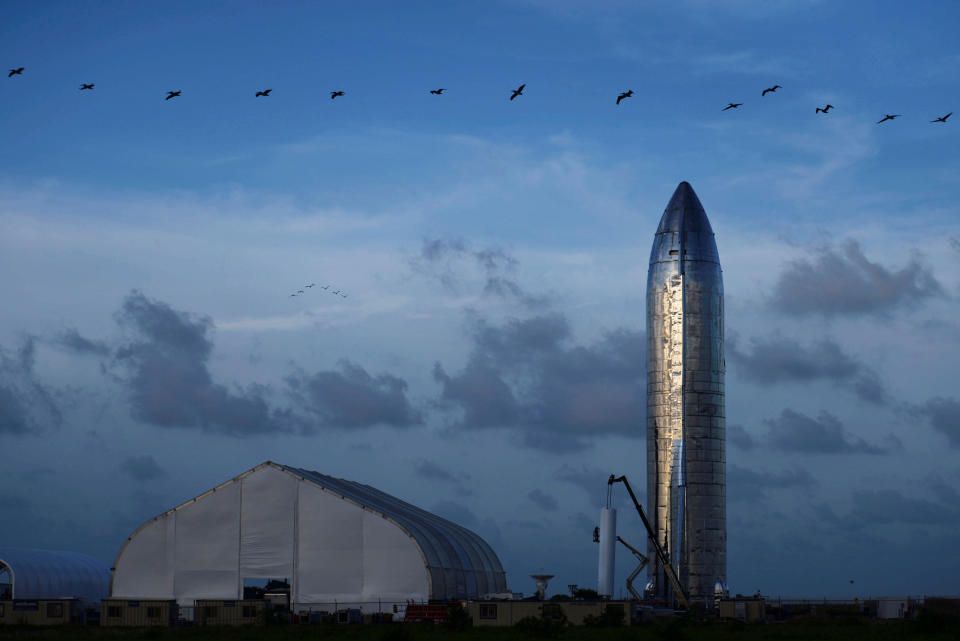Neil deGrasse Tyson: There's 1 big question surrounding commercial space travel
Neil deGrasse Tyson knows a thing or two about the universe. The famed astrophysicist has studied and searched the cosmos for years without ever leaving Earth’s atmosphere, but that could all change with new developments in space travel. Visionary billionaires like Elon Musk and Jeff Bezos are working to create whole new industries in outer space, and according to Tyson, the key to success is finding a way to do it for cheap.
“We've been to earth orbit. We've been to the moon... We've done all of this. The question is, can you do it on the cheap so that it can become a business model and you're no longer using tax-based moneys to enable that to happen,” Tyson told Yahoo Finance.
Traveling through space is only the beginning. Tyson envisions a wild, capitalist frontier of interplanetary businesses, astroid mines, and factories on the moon. It may sound like science fiction, but this space-cadet’s dream is only a few decades away from becoming a reality.
“Mining an asteroid is like having access to earth's core. And what do you have? Yes, you have your iron or nickel, but you also have rare earth elements that are common on these asteroids. There's more gold on these asteroids than have ever been mined in the history of the world,” he said.

The name of the game is affordability. Right now, it would cost you $62 million to send 18,300 pounds of cargo into geosynchronous transfer orbit (more than 22,000 miles above sea level) on SpaceX’s Falcon 9 rocket. At 27 pounds per standard gold bar, you’re not getting a bang for your buck at that price. That’s why, according to Tyson, the most efficient model is one that operates entirely in space.
“The resources in space would be best used and best served in space... I'm going to build a factory on the moon—you move waters from comets, you move raw ingredients from other metallic asteroids. And so you move things back and around in space,” he said. “You buy it from me space to space, and now you come up and compete... and that's the free market.”
Nick Rose is a producer for Yahoo Finance.
Read the latest financial and business news from Yahoo Finance
Follow Yahoo Finance on Twitter, Facebook, Instagram, Flipboard, SmartNews, LinkedIn, YouTube, and reddit.

 Yahoo Finance
Yahoo Finance 